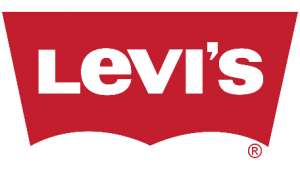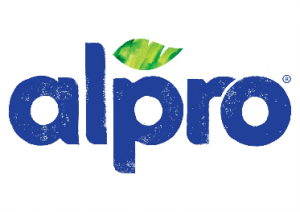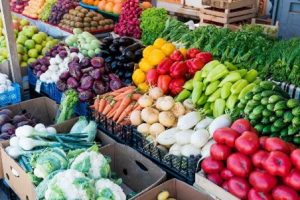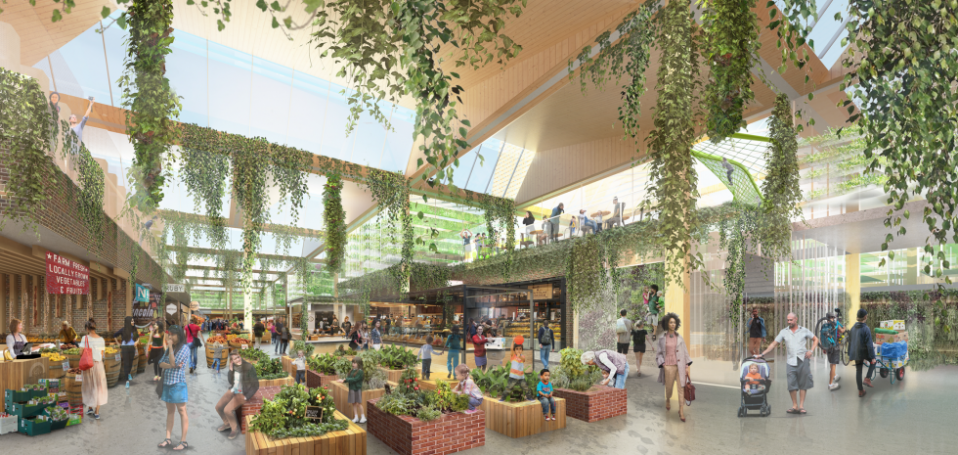
There can be lots of pressure when it comes to “doing our bit” around protecting the environment and making more sustainable choices. This could be because there are so many things in daily life that can always be improved to be more eco-friendly so let’s break it down!
A good place to start can be a considering what brands we support as many are making big changes to reduce their carbon footprint. Carbon footprint means the total amount of greenhouse gases that are generated by our actions. Greenhouse gases in turn contribute to the greenhouse effect leading to the gradual warming of the planet, impacting ice caps melting, rising sea levels and desertification- so it’s important we limit the greenhouse gas emissions sooner rather than later!
In a world of fast fashion and ever-changing trends, a few companies are NOT scrimping when it comes to making important cuts to make sure we can stay on fleek without forfeiting the environment, here’s a brief overview of just a handful:

Converse- Released a new range of shoes where the sole is made from recycled rubber scraps and the canvas is 100% recycled, this is helpful for the environment as producing rubber is a major contributor to water pollution and deforestation (biodiversity loss)

Levi’s- The iconic denim brand not only uses recycled materials but is also reducing waster waste through a water less technology, by reusing over 9 billion litres of water since 2021 which will be useful to wildlife (better water quality) and will also help in flood diminishment. The brand continues to launch new sustainable initiatives to rehab denim’s bad environmental rap, which has successfully eliminated toxic chemical discharge.

H&M- A clever scheme H&M have introduced to their shop floors is the “Garment Collecting Programme” where you can drop off a bag of (any) clothing to the recycle point and in return get a thank you voucher to spend on future purposes. The clothes dropped off get recycled either into second hand clothing or repurposed into remake items or cleaning cloths and insulation materials. They’re also taking transport seriously and partnering with Maersk a company using a biofuel blend to run it’s shipping boats- keeping fossil fuel usage at bay.

Adidas- Using more non-toxic dyes in clothing products to reduce the impact on water waste and pollution. This is essential because the water waste problem depletes the freshwater supply in the ground that humans and animals drink and that is used in photosynthesis (reduce carbon dioxide and produce oxygen) and is a habitat for many organisms.
While all these strategies have been a massive help to try and mitigate further damage to the atmosphere, these companies (alongside many others) still have a long way to go with labour standards (paying their workers a fair wage, suitable working conditions and consideration of safety). Progress is progress but a good website for checking the sustainability and ethic standing of a brand is ‘Good On You’ if you’d like to be more conscientious with brand selection.
Hitting the clothes shops isn’t the only time we run into a multitude of brands and companies all producing products for us consumers. Supermarkets contain a plethora of options often produced by multiple companies. Here are a few to look out for when you’re out and about!

Quorn- Removed 147.5 tonnes of plastic in a year through packaging innovation which means redesigning the packaging of their products to use less unnecessary material. This means less rubbish is going to landfill and producing packaging burns lots of fuel. They have also reduced 83% of carbon emissions per tonne of product produced which is extremely helpful in limiting the greenhouse gases contributing to global warming.

Alpro- This brand is extremely intentional with its ingredient sourcing which has helped them reduce their carbon emissions by 34% and water usage by 29%. For example, the almonds used, use 2/3 of the water they need to grow from rain and are sourced from the Mediterranean as they require 8x less water than American varieties.

Innocent- In 2010 their largest factory switched to 100% renewable energy sources. They are also very conscious of their plastic bottle usage- 50% of them are composed of recycled plastic and 15% are made of plant plastic (by product of sugar cane). On top of this they are considering the origin of the ingredients they use, making sure to help the environment where possible for example strawberries that require less water and making bee hotels in the apple gardens (bees are essential for pollination, without them many plant species can’t reproduce).


Supporting small business bakeries and farmers markets can also be beneficial as they likely won’t transport or export goods from as far of a distance meaning their products will naturally have a lower carbon footprint!

